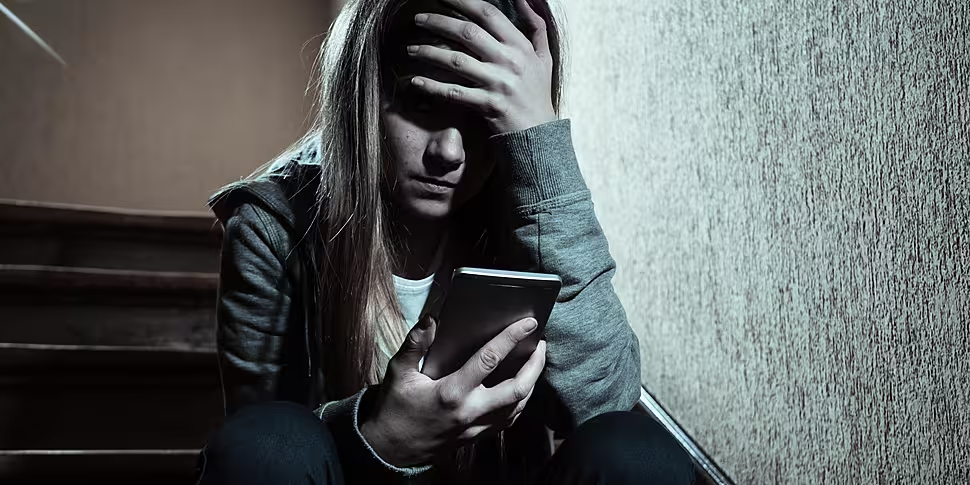The issue of cyberbullying should be included on the school curriculum and talked about on a daily basis.
That's according to director of engagement in the DCU Anti-Bullying Centre, Darran Heaney.
He was speaking as new research from Barnardos found 60% of children would not tell their parents if they were cyberbullied.
It also found that 62% have seen other people being cyberbullied, while 53% have been cyberbullied themselves - either once or many times.
And almost 20% said they have been cyberbullied in a way that really affected their ability to learn and feel safe at school.
Mr Heaney told Newstalk Breakfast an open conversation is key.
"I think there definitely needs to be more open dialogue - it's a difficult conversation to be have with children, but I think parents need to have it.
"They need to ask what's happening on gaming platforms, on social platforms; how they're getting on, how they're interacting with other people and who they're talking to.
"And having the conversation around 'If you're experiencing cyberbullying or bullying, to talk about it and to tell somebody'".
He said: "A lot of young people actually tell their friends before they'll tell their parents.
"For young people who see it online, it's reporting it - and I think the school as well need to do some work.
"Some schools are doing great work around it - but having it in the curriculum and talking about it on a day-to-day basis".
Mr Heaney said the research is very concerning.
"It does definitely show a need that more work needs to be done in this area - particularly with parents and young people and keeping that open dialogue about what's happening online when they're using their devices or on their gaming platforms."
He said there's a "fear that it will get worse" if others become involved.
"Students are reluctant to tell teachers because they don't really have the confidence that it will be handled correctly, and that it may be will expose them in some way.
"Same telling their parents - that they'll intervene in a negative way.
"There's also a shame around bullying: so if it's happening to you it's not an easy thing to talk about.
"And if you see it happening to others, particularly online, it can be quite nuance - you mightn't actually realise it is bullying.
"It could be happening to that same person over a long period of time, but you might only witness it once as a negative comment".
Barnardos CEO Suzanne Connolly said: "This shows how important it is that we roll out our preventative online safety workshops for both children and their parents alike.
"Our goal is to help parents and children have an open dialogue about online safety.
"It is vital that the views and experiences of children who have directly faced cyberbullying continue to inform the development of the Department of Education’s next Action Plan on bullying and are involved in measuring its success."
The charity hosted seven focus groups with more than 340 children aged 8-12 in schools across Ireland in June 2022.
Anyone affected by issues raised in this article can contact Barnardos on 01-453-0355 or e-mail info@barnardos.ie









